Articles containing: resilience
A Gift of Will: It’s How Our Kids Keep Going
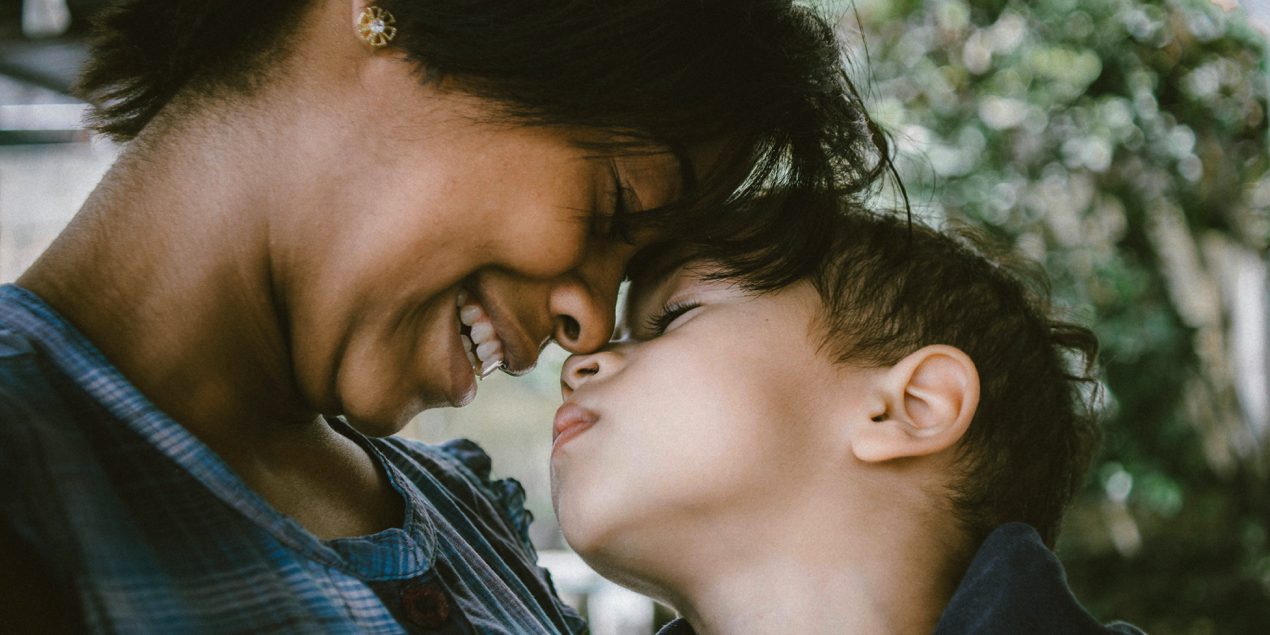
I was talking with a friend who’s been dealing with a lot. In addition to managing several mental health issues, life has thrown them some sad and challenging curves –including valid concerns about family members and their own livelihood.
Dr. Chester Pierce: Reflections on my Treasured Mentor
Center for the History of Medicine (Countway Library) (repository) and Perspectives of Change: The Story of Civil Rights, Diversity, Inclusion, and Access to Education at HMS and HSDM, “Oral history and a transcript for an interview with Chester Pierce, Perspectives of Change,” OnView: Di
Ukraine: What Do We Tell Our Kids? – Shrinking It Down
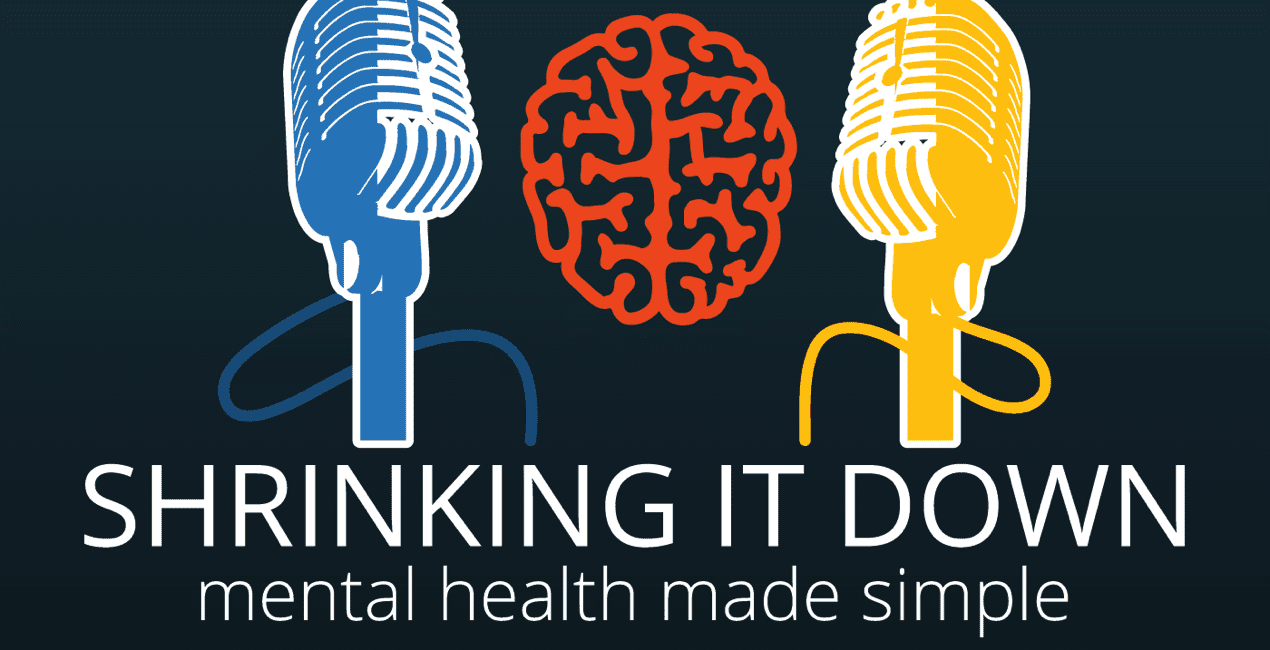
The crisis in Ukraine feels to many like the straw that broke the camel’s back. Between the COVID pandemic, systemic racism, the climate crisis, and now the war in Ukraine, the world may feel increasingly unsafe. Very young children, though, actually respond more to their adults’ distress than to the tragic events themselves.
The Positive Value of Conflict Resolution
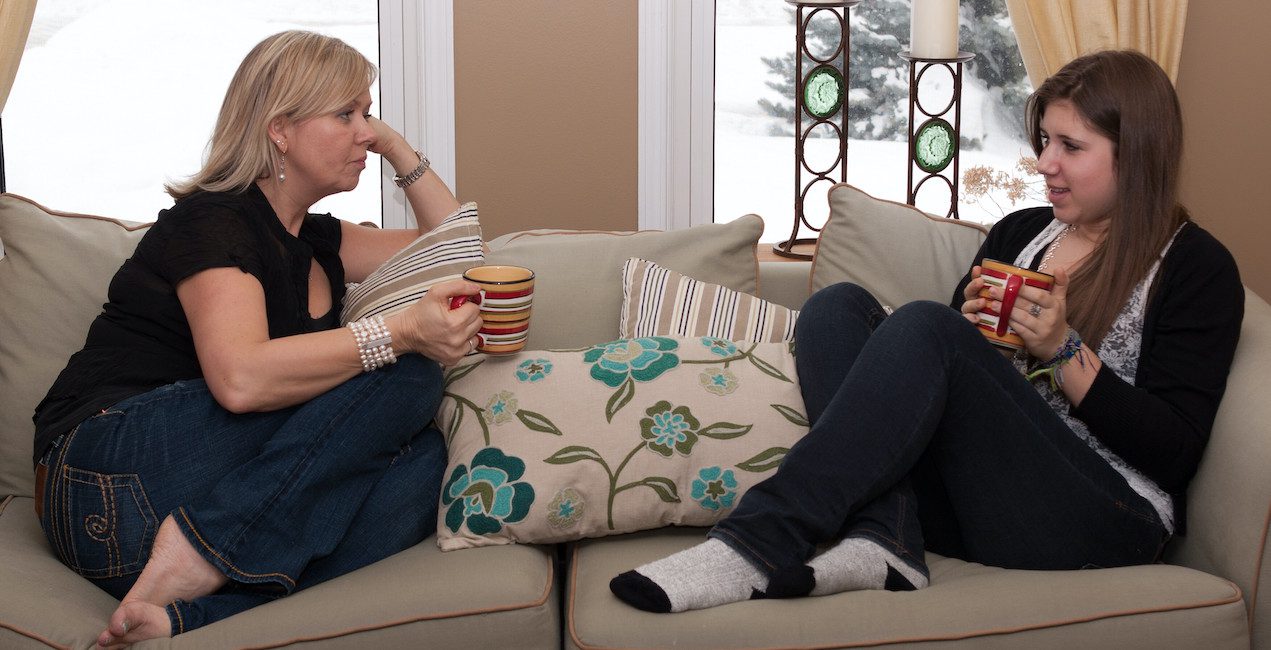
Are you an educator? You may be interested in our Conflict Resolution Curriculum for students. Learn more here.
Conflict is a natural part of our lives. We inevitably have disagreements with others from time to time in our values, beliefs, behavior, and much more.
Getting to the Finish Line: Will You Choose Endurance or Resilience?

It’s probably safe to say that 2020 has taken quite a toll on many of us. This has resulted in a number of reactions, particularly in our mental health. That being said, now that we have made it to 2021, despite the rollout of vaccinations, we continue in our new and modified routines built to cope with the ongoing impact of the pandemic.
Cómo Ayudar a Los Niños a Lidiar con La Ansiedad Situacional

La ansiedad es la forma en que los humanos hemos evolucionado para protegernos.
En situaciones amenazadoras, nuestros cerebros desencadenan una serie de respuestas que resultan en una elevación del ritmo cardíaco, sudoración, temblores, hiperventilación y miedo intenso, todo con el propósito de prepararnos para el peligro.
Desarrollar el bienestar mental en los niños: lo que los padres pueden hacer
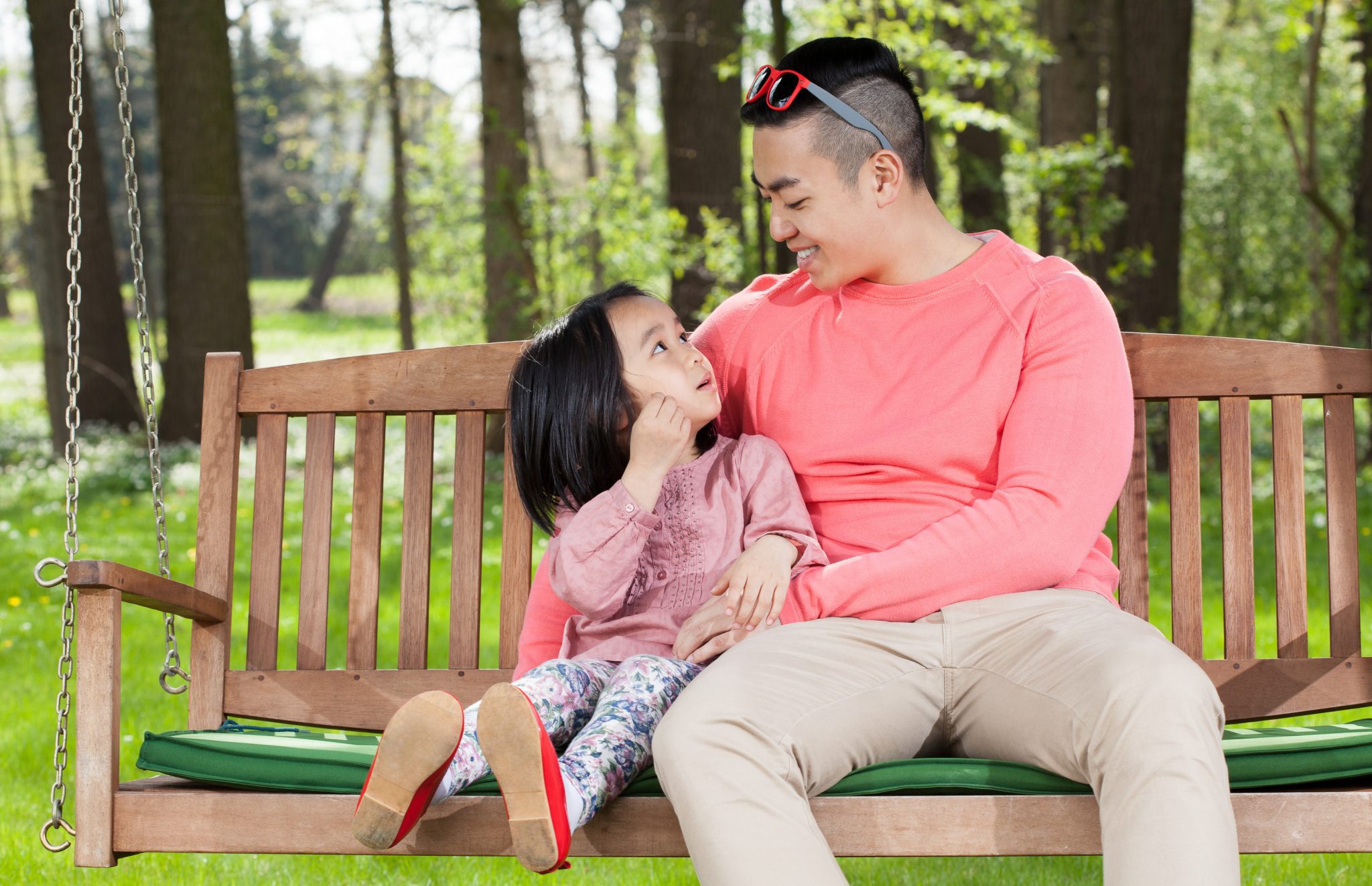
Los padres son los verdaderos expertos cuando se trata de conocer a sus hijos, y a menudo son los primeros en notar cualquier cambio en el comportamiento de sus hijos:
Colin era un joven feliz. Tenía amigos, le iba bien en la escuela y se llevaba bien con sus hermanos y padres en casa.
How to Help Young People Cope With Grief and Loss During COVID-19

Este artículo está disponible en español.
The novel coronavirus pandemic has posed a novel way of life for all of us. Beyond concerns about contagion, prevention, or slowing down its spread, and fears of illness and access to healthcare, one thing is clear.
What’s Ahead for Your Child on the Autism Spectrum?
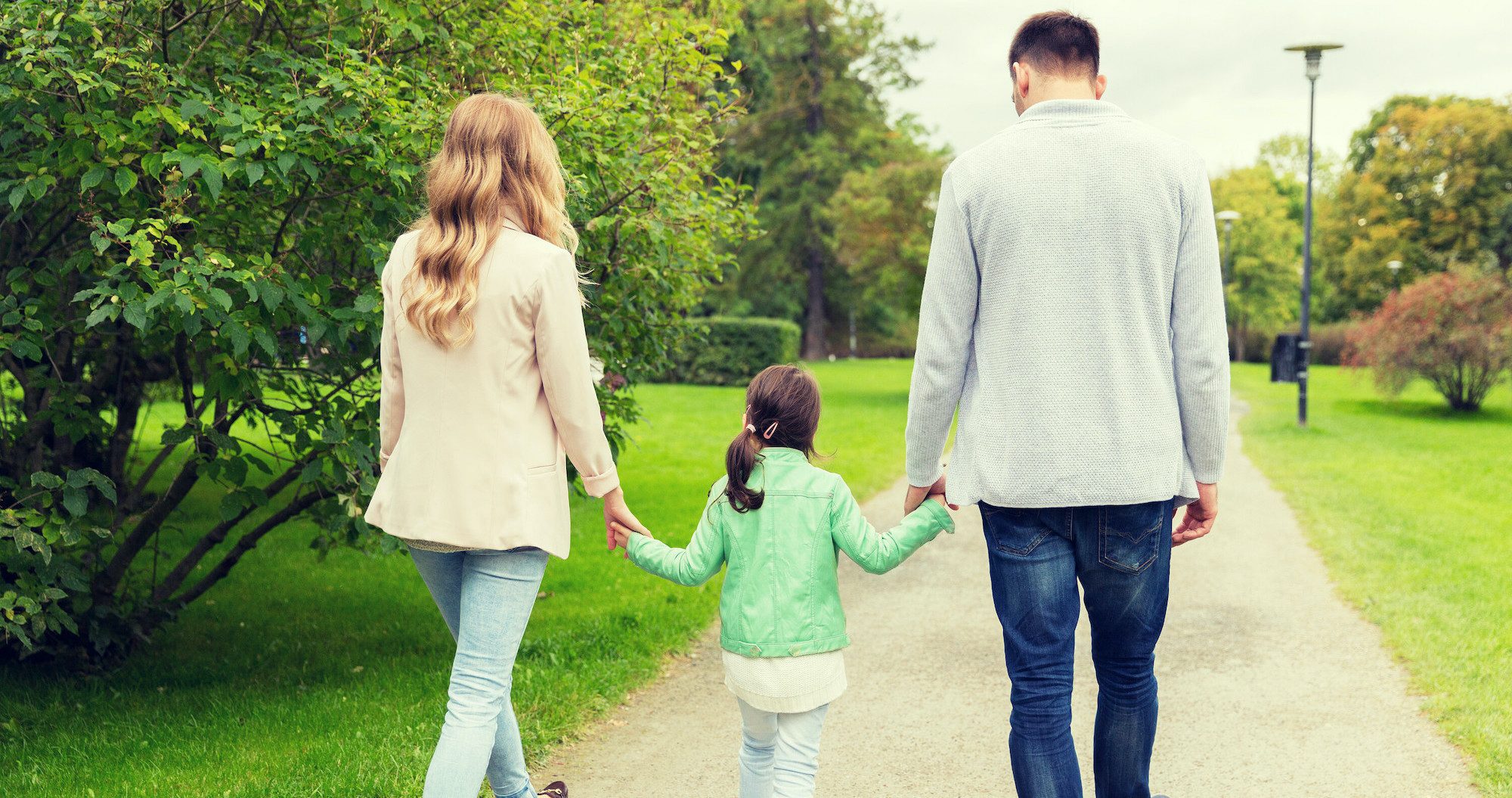
Perhaps the most pressing concern for parents who have a child with autism or a similar developmental issue is “What does the future hold?”
We don’t have a crystal ball. If we did, joining the circus and traveling the world telling fortunes might prove to be a more helpful career than academic medicine.
When Young People Lose a Hero to a Tragic Death

Most of us, young and old, were stunned by the tragic death of Kobe Bryant along with his daughter. Whether you are a Laker’s fan or not, Kobe represented something more, including for young people.
Tom Brady said it this way in a Twitter statement:
“And in this tragedy, I have learned so much.



